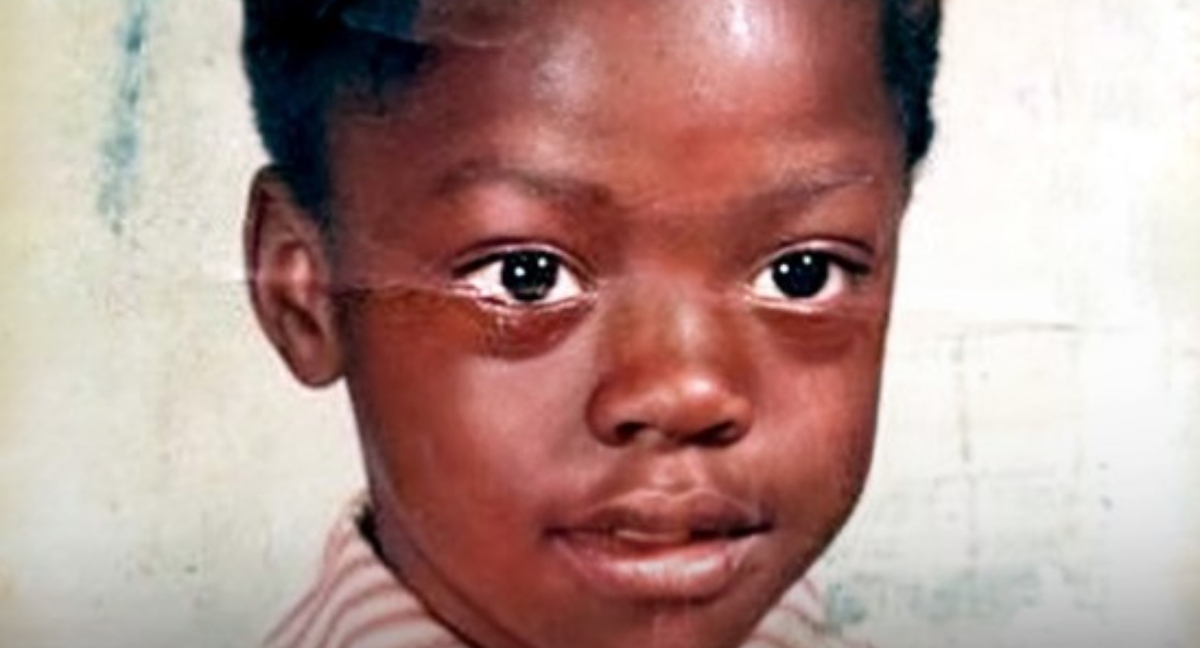From a childhood marked by deprivation and hardship, she rose to become a global star. Born in South Carolina in 1965, her early years were spent in a one-room shack on her grandmother’s farm. Her family, living in poverty, moved to Rhode Island in search of better opportunities but continued to face severe challenges. They lived in a condemned building without plumbing or heating, and food insecurity was a constant struggle. Often, she and her siblings resorted to scavenging for food or stealing from stores, which left her with deep shame that would stay with her for years.
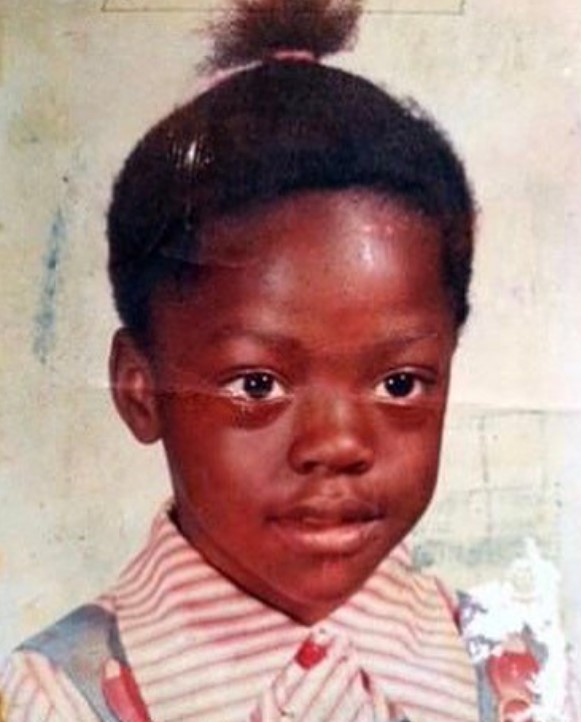
Despite these harsh conditions, she was determined to break free from the cycle of poverty. Her passion for education and performance became her escape. School was a refuge where she excelled academically, while extracurricular activities like sports and drama offered an outlet for creativity. At age seven, she began performing with her sisters in local talent shows, which sparked her love for the stage. This drive led her to earn a scholarship to Rhode Island College, and later to Juilliard, where she beat overwhelming odds to secure one of just 14 spots among 2,500 applicants.
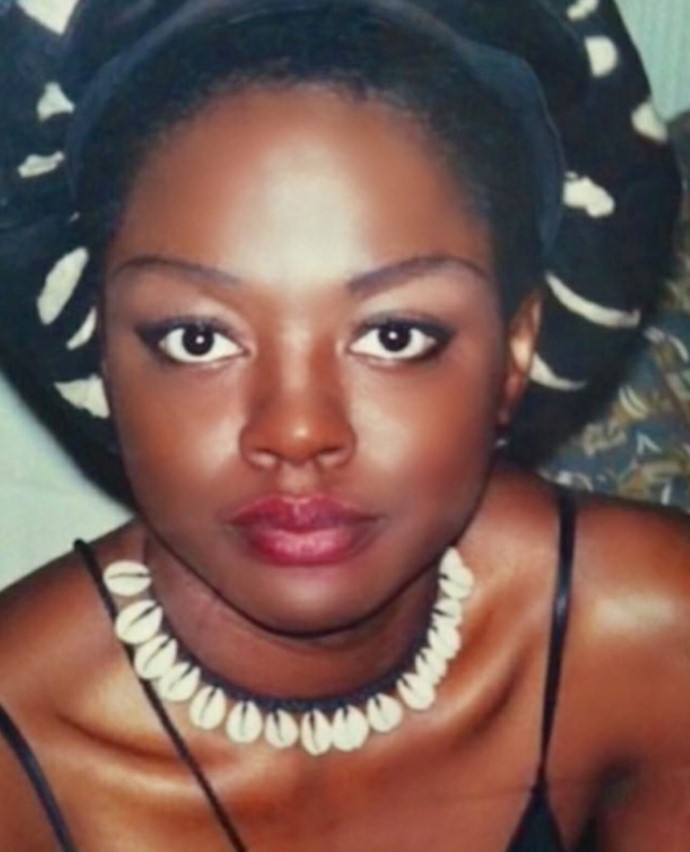
Her training at Juilliard prepared her for a successful career in the entertainment industry. After graduation, she quickly made a name for herself in theater, receiving her first Tony Award nomination by age 29 for her role in “Seven Guitars.” Soon, Hollywood took notice, and she transitioned to film and television. Her breakout performance came with the 2008 film Doubt, earning her an Oscar nomination. Following this, her role in The Help further solidified her place in Hollywood, and in 2015, she made history as the first Black woman to win the Emmy for Outstanding Lead Actress in a Drama Series for How to Get Away with Murder.
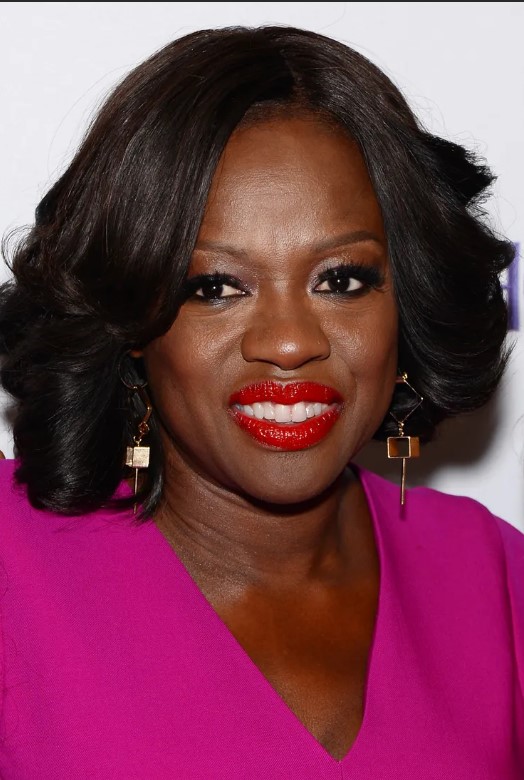
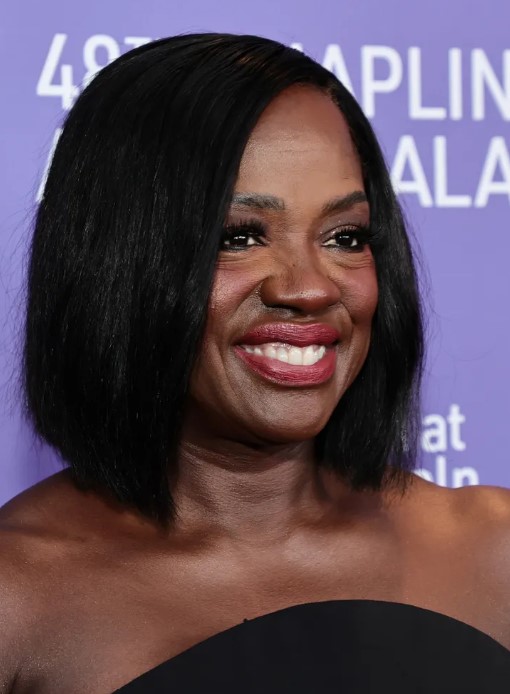
Beyond her impressive career, she has used her platform to advocate for social change. Having grown up facing hunger, she became an advocate for childhood nutrition through her work with the Hunger Is campaign. She raised millions to help ensure children have access to nutritious meals, passionately stating that there is no excuse for kids to go hungry in a country as wealthy as the U.S. She has also spoken candidly about the emotional scars of her past, reflecting on the trauma she endured in her memoir Finding Me and using her experiences to inspire others.
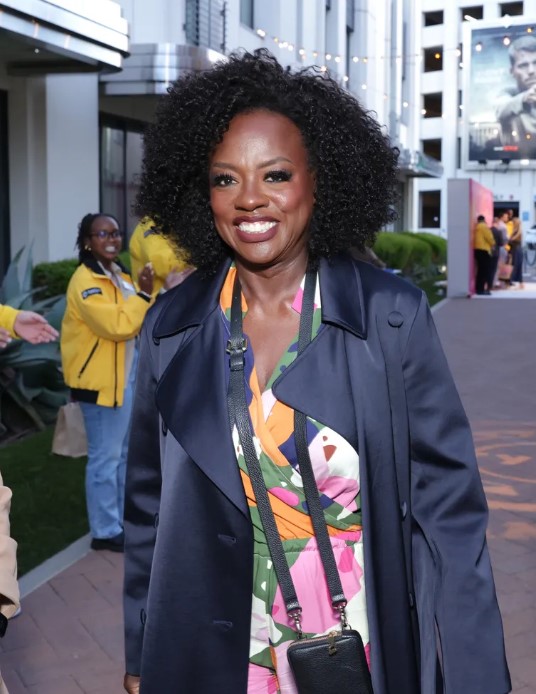
Today, Viola Davis enjoys a life far from the hardships of her childhood. Married to actor and producer Julius Tennon, she and her husband adopted their daughter, Genesis. In 2020, on her 55th birthday, Davis bought the dilapidated house where she was born, a symbol of her incredible journey. From a poverty-stricken childhood surrounded by rats and hunger to owning her childhood home, Davis’ life is a testament to resilience, hard work, and the power of dreaming big.
